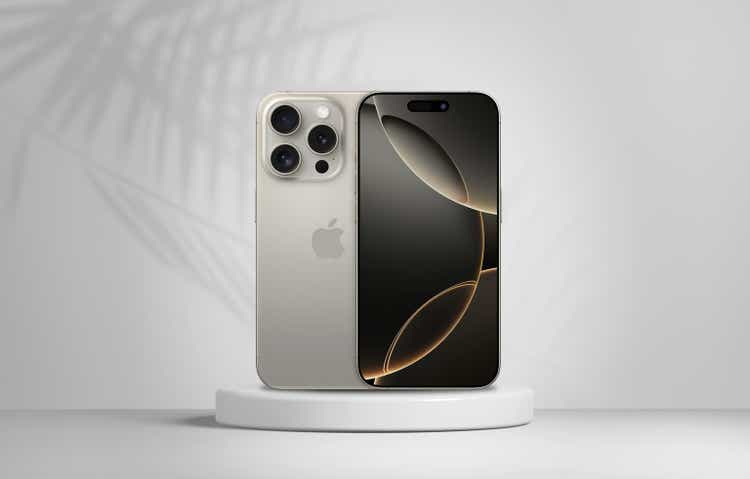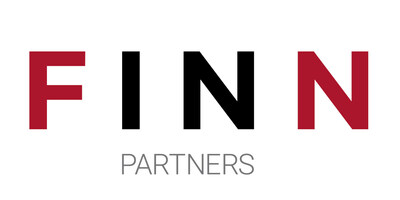I still remember the first time I heard my own voice cloned. It was during a tech conference in San Francisco last year, where I'd been invited to speak about digital ethics. A startup demo caught my attention – they claimed they could clone anyone's voice from just a 30-second sample.
Skeptical but curious, I volunteered. After reading a short paragraph into their microphone, I wandered off to grab coffee. Twenty minutes later, I returned to hear "myself" reading a text I'd never seen before.

The experience was uncanny – somewhere between fascinating and deeply unsettling. That's the paradox of ai voice cloning in a nutshell: simultaneously impressive and unnerving, full of creative potential yet fraught with ethical questions that keep me up at night. So How Does This Stuff Actually Work? Voice cloning isn't simple text-to-speech – it's way more sophisticated.
After chatting with several engineers who build these systems (including one who insisted on anonymity because of his concerns about the technology), I've pieced together how the magic happens behind the curtain. It starts with breaking down what makes your voice uniquely yours. When my voice was sampled at that conference, the system wasn't just recording words – it was analyzing dozens of characteristics: The specific frequencies where my voice has natural resonance (my voice "fingerprint") My speech patterns and quirks (apparently I have a slight pause before emphasizing certain words) The way I transition between phonemes (those little sound units that make up words) Even my breathing patterns between phrases Early systems needed hours of your voice to create a decent clone.
A researcher at a major tech lab told me that back in 2018, they needed at least 3-5 hours of clean audio. "Now?" she said with a slight grimace. "We can get scary-good results from just 30 seconds if the audio quality is decent.
" The heavy lifting happens inside neural networks that essentially learn to impersonate you. One AI developer explained it to me as "like having a super-dedicated impressionist study everything about your voice, except this one practices at computer speed." The most effective systems use competing neural networks – one trying to generate speech, the other trying to spot the difference between real and fake – constantly improving each other through this digital tug-of-war.
Where This Is Already Changing Things The applications are already far more widespread than most people realize. I've spent the past six months interviewing people across industries who are using this technology, and the stories range from heartwarming to concerning. Last month, I interviewed Sarah, a speech-language pathologist in Chicago who works with ALS patients.
She showed me a voice banking program they use with newly diagnosed patients. "We used to need hours of recordings to build a decent voice model," she explained while showing me the simple iPad interface they use. "Many patients would come to us already having lost vocal clarity.
Now we can build something meaningful with whatever they can give us." She introduced me to Michael, who was diagnosed with ALS three years ago. Before losing his ability to speak, he banked his voice with just 30 minutes of recordings.
The digital version isn't perfect – it lacks some of the emotional range of his natural voice – but when he demonstrated it through his communication device, the relief on his face was evident. "My grandkids get to hear my actual voice," he typed, before having his device read it aloud in his distinctive timbre. "Not some robot voice from a computer.
" Voice cloning has quietly become ubiquitous in entertainment. A sound engineer I spoke with (who asked to remain nameless due to NDAs) admitted they use it constantly. "That action movie you watched last week? At least 15% of the dialogue was likely generated after the actors left," he told me over coffee.
"Someone mumbled a line? The director wants to change a word in post? The actor's on another continent shooting their next project? No problem – we have their voice model." The James Earl Jones situation particularly fascinated me. After nearly 50 years voicing Darth Vader, the 91-year-old actor authorized Disney to create an AI version of his voice.
I watched recent Star Wars shows where "Jones" delivers lines he never actually spoke – a torch passing from human to algorithm in real-time. My film industry contact shrugged when I asked about the ethics. "Look, it's already everywhere.
That car commercial with the celebrity voiceover? They probably recorded 20% of the lines, and the rest is generated. The economics are just too compelling." The Scary Stuff Is Already Happening While researching this piece, I spoke with a cybersecurity expert who specializes in audio authentication.
The stories he shared were genuinely alarming. "Voice authentication is essentially broken," he told me bluntly. "We've successfully tested attacks against every major bank's voice ID system using publicly available cloning tools.
Most haven't updated their defenses." He described a 2021 case where criminals used voice cloning in a corporate setting. They created a convincing clone of a CEO's voice from earnings call recordings available on YouTube, then called a financial controller claiming an urgent wire transfer was needed for a confidential acquisition.
The company lost over $200,000 before discovering the fraud. "The victim said it wasn't just the voice that fooled him," my source explained. "It was the mannerisms – the way the fake CEO cleared his throat before important points, just like the real one does in meetings.
" What terrifies me most are the potential political implications. A campaign strategist I interviewed admitted they've already created contingency plans for dealing with fake audio of their candidate. "We know it's coming," she said.
"We have response protocols ready for when someone drops fake audio of our candidate saying something outrageous two days before the election." The Ethics Are Messy as Hell The murkiest questions involve consent and ownership. Who exactly owns your voice? The legal framework is shockingly underdeveloped.
I spoke with an entertainment lawyer who specializes in digital rights. "Voice is in this strange legal limbo," she explained. "Your likeness has clear protections, but your voice? Much grayer area, especially for non-celebrities.
" The posthumous questions are even thornier. A voice actor I interviewed was adding clauses to his will specifically addressing how his voice could be used after death. "I've spent 30 years building this instrument," he said, pointing to his throat.
"The idea that it could keep performing without me, saying things I never said – it's disturbing." The deepest concern I encountered came from a philosopher at Oxford who studies communication ethics. Over a patchy Zoom call, she articulated something that had been nagging at me: "Human voice carries an implicit promise of presence and authenticity," she said.
"When we sever that connection – when a voice no longer guarantees the presence of a speaker – we're tampering with something fundamental to human connection. What does consent even mean when your voice can be perfectly simulated saying anything at all?" Finding a Path Forward Not everyone I spoke with was pessimistic. Many developers are working on safeguards alongside the technology itself.
A startup founder in Montreal showed me their watermarking system – an inaudible acoustic signature embedded in all synthetic audio they generate, detectable by specialized software but imperceptible to human ears. "It's an arms race," she acknowledged. "But we're committed to building responsibility into the foundation of this technology.
" Most experts agreed on basic ethical guidelines: Always get explicit consent before cloning someone's voice Be transparent with audiences when AI voices are used Implement robust authentication for sensitive voice applications Develop and standardize watermarking for all synthetic audio The most pragmatic view came from a veteran radio producer who's embraced the technology. "Look, every communication medium in history has faced the same cycle," he told me. "First it's trusted implicitly, then it's manipulated, then we develop new forms of verification, and life goes on.
Photography, radio, TV, digital images – voice is just next in line." Maybe he's right. Maybe we'll adapt.
But as someone who experienced the strange sensation of hearing my own voice cloned – saying words I never said with intonations that felt uniquely mine – I can't shake the feeling that we're crossing a threshold with voice synthesis that deserves more caution than we're giving it. The technology itself isn't going away. The real question is whether we'll develop the ethical frameworks, legal structures, and verification systems needed for a world where "hearing is believing" no longer applies.
.















